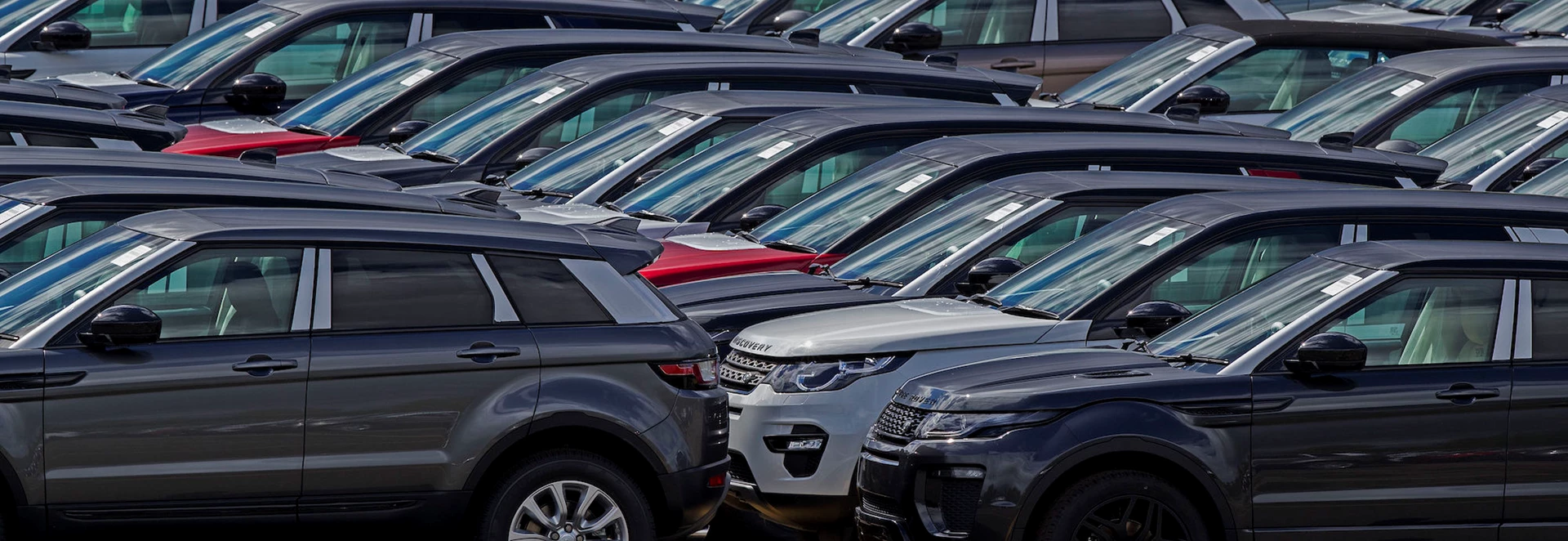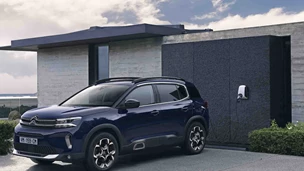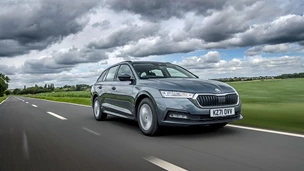For most car buyers, the days of walking into a showroom, handing over a large amount of cash, and driving away in a brand-new motor are a distant memory.
Today, there is a multitude of ways to buys a new car, and in many ways it’s easier than ever to get behind the wheel of something shiny and new. But it’s also confusing, and there are a few traps…
Here, we explain the different options.
The difference between financing and leasing a car
Put simply, if you finance a car, you are aiming to buy it outright over an agreed period of time. If you lease a car, then you don’t intend to buy it, but agree to rent it over a fixed period. A third option is to take out a finance lease, or a PCP, which is effectively a combination of the two.
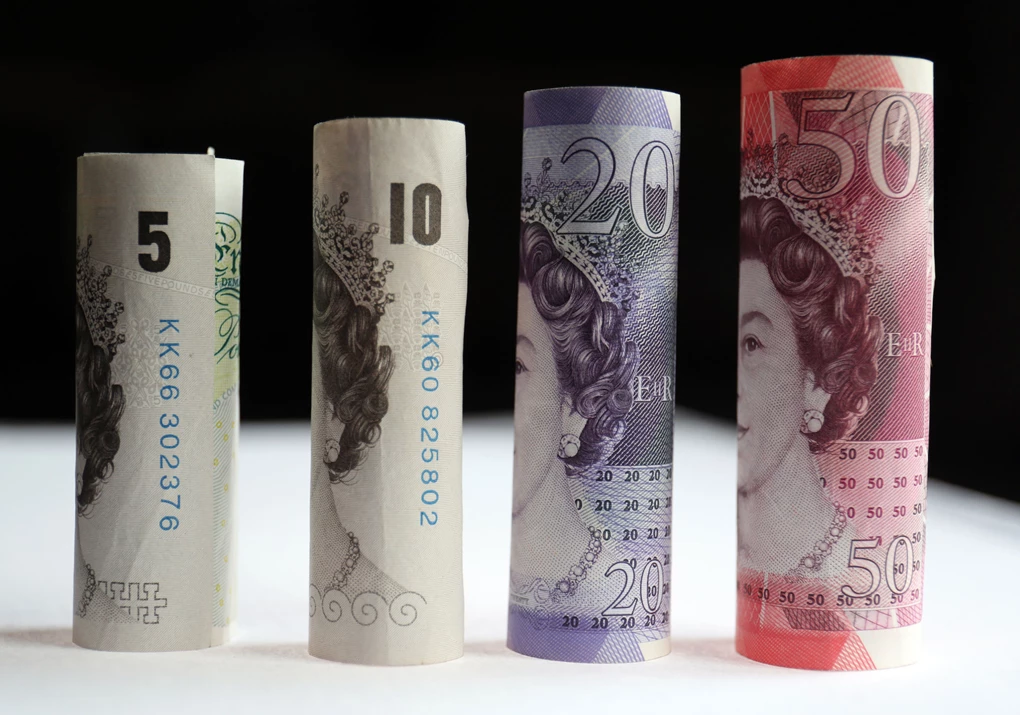
What is financing a car?
Financing a car is usually done in two ways, either as a private loan from a bank or independent lender, or as a ‘hire purchase’ arrangement, where the value of the loan is guaranteed against the value of the vehicle.
A standard bank loan makes sense if you have a really good credit history as you’ll get a competitive loan rate, but sometimes manufacturers’ hire purchase deals are incentivised with offers such as 0% APR, which a bank loan can’t match.
Hire purchase also works out best if you can’t get a conventional loan, as it’s usually measured against affordability vs your household budget rather than strict credit referencing. The car is the collateral against the loan, and if you miss too many payments it will be repossessed.
With a bank loan, the car is your asset from the outset, and if the borrowing is unsecured, nobody can take your car back if you miss a monthly payment – though you will still owe them the money!
What is leasing a car?
The easiest way of thinking about a car lease is like renting a house. The downside is that you never actually own the vehicle, but the advantage is that, as long as you have your lease, someone else will pick up the tab for the repairs. Some leasing companies include road tax, too, though you normally have to insure the car yourself.
Most leases come with an annual mileage limit, so make sure you know roughly how many miles you’re going to clock up before signing on the dotted line.
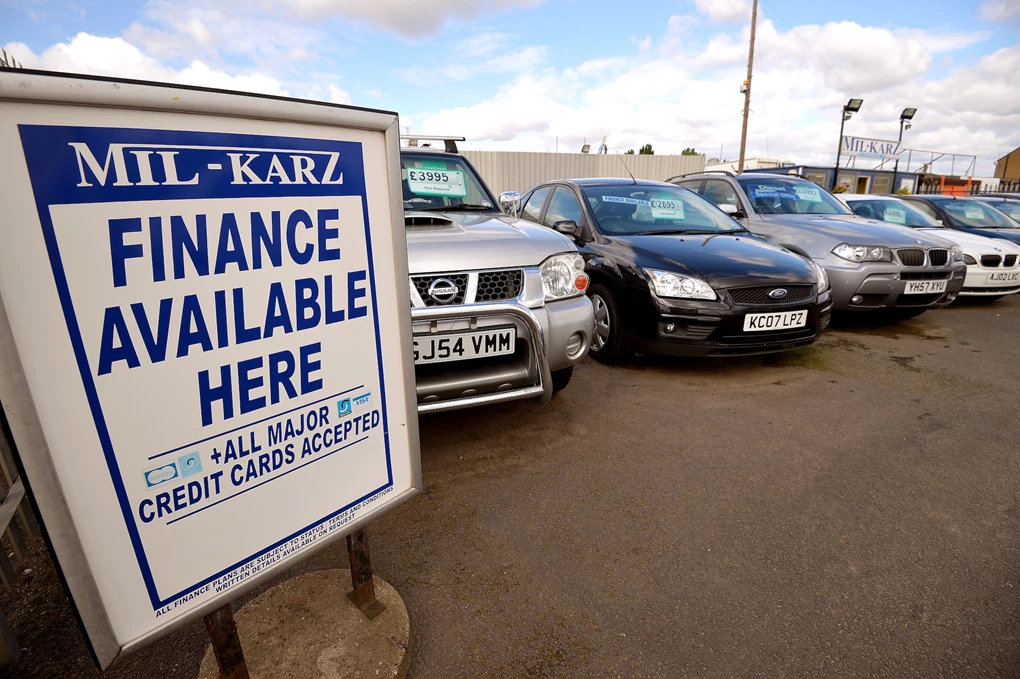
What is a PCP (finance lease)?
A PCP, or Personal Contract Purchase, is effectively a halfway house between leasing a car and financing one.
Basically, you agree to hire the car as per a personal lease for a defined period (usually 2-3 years), at the end of which you can either hand the car back, assuming it is below the defined mileage limit and in an acceptable condition, or you can make a ‘balloon payment’ to buy it outright, which is based on the projected residual value of the car and outlined at the beginning of the contract.
The advantages are similar to leasing, with the added plus that, at the end of it, the payments you have made will have contributed to ownership of the car, should you wish to buy it.
The downsides are equivalent to a contract lease, but PCPs often have more expensive monthly repayments based on the assumption that you will pay the balloon payment. So, if you don’t want to pay this at the end and carry on leasing, a personal lease may be the better option.
Is it better to lease or finance a car?
This depends entirely on your personal circumstances. If you know you like to change your car every two or three years, then a personal contract hire, or private lease, is often the least expensive and most hassle-free option. Simply make your monthly payment, and at the end of your agreement lease another car. You’ll never own the car, though.
With a PCP, the key differentiator is flexibility. It’s neither a straightforward lease nor a hire purchase, but this does mean that the monthly payments are often higher. That said, quite a few PCP deals come with low deposits and manufacturer incentives, so it pays to check out the market before choosing between a lease or a PCP.
If your plan is to own your car for a longer period, or drive it with no mileage or return condition requirements, finance is probably the best option.
But, each individual’s circumstances are very personal. There is no right or wrong way to own a car – just research your options and make sure you read the small print.
If you’d like to learn more about hire purchase or lease, we’re happy to help.
